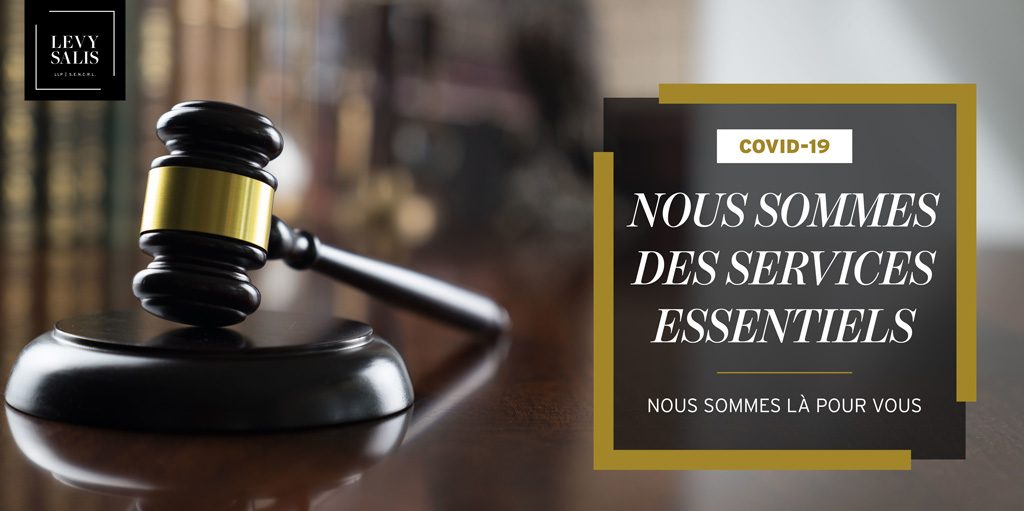Shlomi Steve Levy was recently interviewed by Neil Sharma for his article entitled “Tax strategies to investing in the U.S.” which appeared in Canadian Real Estate Wealth Magazine. In this article, Shlomi discusses certain tax planning issues for Canadians who invest in US real estate, including ownership structures and avoidance of double taxation.
Tax strategies to investing in the U.S.
by Neil Sharma – Canadian Real Estate Wealth
January 02, 2019
Buying US real estate has proven to be a very good investment for Canadians over time. There aren’t typically any particular tax advantages for Canadians investing in the American real estate market, but that doesn’t mean there aren’t ways to reduce that financial burden.
Nearly a decade ago when the United States’ market was in shambles and the Canadian dollar was robust, Canadians enjoyed bargains on American real estate. Those days are long gone, and making matters worse, Canadian investors have to be cognizant of avoiding double taxation or tax pitfalls.
That’s not an easy task without speaking to the right advisor. It is commonly suggested to Canadians to create a limited liability corporation (LLC) in order to keep the structure simple and enjoy the historically low individual tax rates when investing in the United States, according to Shlomi Steve Levy, partner at Levy Salis LLP, a cross-border tax and estate planning firm in Montreal.
“An LLC is vehicle, an ownership structure, under U.S. tax rules that in layman terms provide liability protection a little bit like a corporation, but from a tax perspective will be ignored or considered a flow or pass-through entity,” Levy told CREW. “The individual member is the tax payer, so you are taking advantage of corporate protection while maintaining individual tax rates, which are very low.”
However, the Canada Revenue Agency doesn’t treat LLCs like pass-through the way the Internal Revenue Service does. Canada deems the income distributed from the LLC to be equal to a dividend from a foreign corporate entity, which gives rise to double taxation. Therefore, Levy recommends Canadian investors look into investing through limited partnerships (LPs).
“Fortunately, both the Canadian and American tax systems treat limited partnerships as a pass- or flow-through entity,” said Levy. “If a Canadian owns real estate through a U.S. limited partnership, for U.S. tax purposes that entity is disregarded and the individual is a tax payer, and the Canadian tax system ignores the LP and flows through to the individual, and now we have a match in the tax payer. The Canada US Tax treaty stipulates that if there’s a match in tax payer, we can avoid the dreaded double taxation.”
Florida easily emerges as one of the most popular states for Canadians to invest in. U.S. President Donald Trump’s Tax Cuts and Jobs Act has made investing in the United States more appealing through corporations. Before the cuts, the baseline federal tax rate on corporate income was 35%, and in Florida—which doesn’t tax individual income but does tax corporate income at 5.5%—taxes would have hit 40.5%.
The Tax Cuts and Jobs Act slashed corporate taxes from 35% to 21%, and has made investing through corporations attractive again, especially when the source of funds is your Canadian Operating or Holding company.
“Add 5.5% in Florida and now you have a total of 26.5%, so we have almost 15% in tax savings on corporate ownership,” said Levy.
But according to Canadian tax rules, an investment property in the States will be subject to the Foreign Accrued Passive Income (FAPI).
“The way to get around it is by taking advantage of the Canada-US Tax Treaty and using your Canadian corporation as a shareholder of a US corporation (known as a tiered corporate structure, which in turn will own the investment,” said Levy. “When money is generated by the U.S. company and needs to be pushed up to Canada as a dividend, the Canada-US Tax Treaty makes it a flat tax rate of 5% of net amount dividended out to the Canadian corporation.. You factor in that 26.5% and we’re getting to nearly 30%, which is more than the Canadian income tax liability and, therefore, we’re offsetting the FAPI. It’s slightly more complicated than that, but will do the trick so investors don’t get trapped with double taxation.”
About the author
Shlomi Steve Levy is a Partner of Levy Salis LLP and is a member of the Quebec Bar, the Law Society of Ontario (L3), the Society of Trust and Estate Practitioners, and the Canadian Bar Association.


